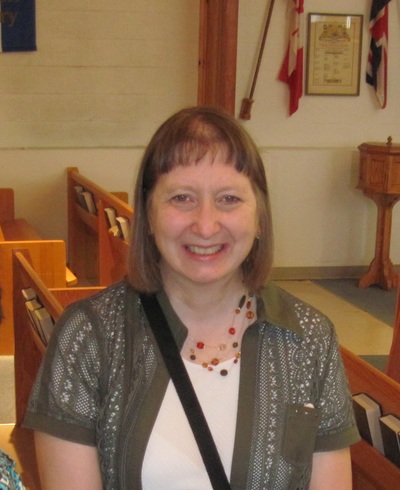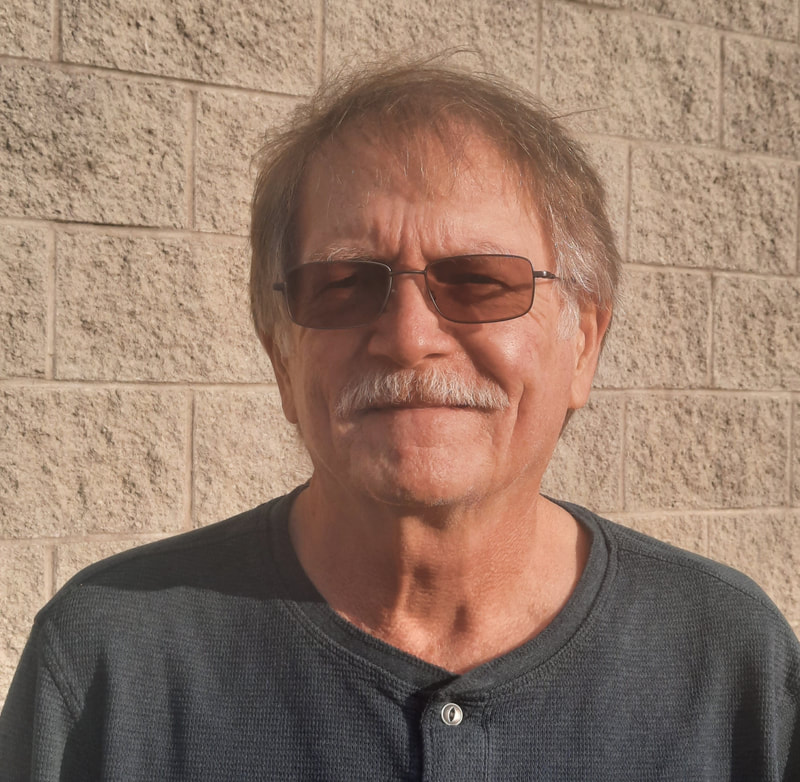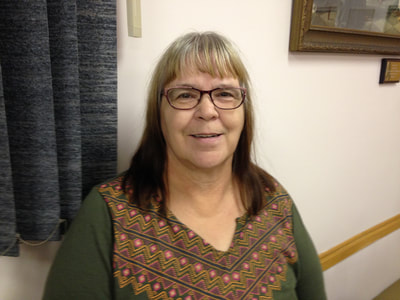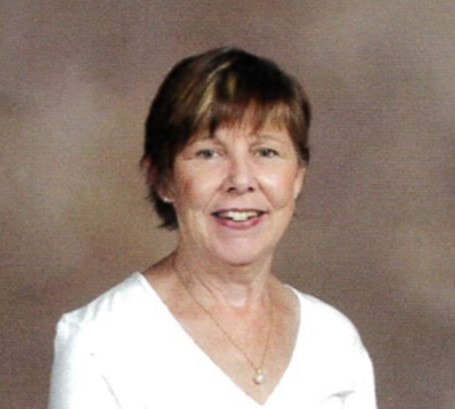Elders
Ruling elders play a key role in the life of the congregation. Most decisions about the life and work of the congregation are made by the session. Ruling elders therefore have a tremendous responsibility and many opportunities to do the work of Christ. With the minister and through their membership on session they work in partnership as leaders – leading the congregation in its fellowship (its ministry to one another) and in its mission (its ministry to the world).
Servants or rulers?
Elders are rulers and servants at the same time.
Elders perform their duties with the authority of Christ and in the spirit of Christ who said, “whoever wishes to become great among you must be your servant, and whoever wishes to be first among you must be slave to all. For the Son of Man came not to be served but to serve, and to give his life a ransom for many” (Mark 10:43–45). Because elders carry out their duties with the authority of Christ, they are rulers. Because they do this in the spirit of Christ, they are servants.
As rulers whose authority comes from Christ, elders are diligent in seeking the will of God for the congregation and in leading the congregation in the direction they believe Christ would have it go. Their task is not to defend the views of members of the congregation or to represent factions within the congregation. Elders are not spokespersons for the congregation; they are leaders who provide thoughtful supervision and oversight to encourage growth in the kingdom of God. Elders are also servants. As servants of Jesus Christ, elders are servants of Christ’s body as expressed in the local congregation. Elders cannot govern arrogantly, nor can they ignore the will of the members. They are called to listen and to serve with the same self-sacrificing love that Christ displayed.
This balance between the servant and ruler aspects is essential in maintaining a healthy congregation. It requires that elders take time to grow in the grace and knowledge of Jesus Christ and to listen carefully for God’s leading in the congregation.
Taken from "Equipping Elders" by the Presbyterian Church in Canada
Servants or rulers?
Elders are rulers and servants at the same time.
Elders perform their duties with the authority of Christ and in the spirit of Christ who said, “whoever wishes to become great among you must be your servant, and whoever wishes to be first among you must be slave to all. For the Son of Man came not to be served but to serve, and to give his life a ransom for many” (Mark 10:43–45). Because elders carry out their duties with the authority of Christ, they are rulers. Because they do this in the spirit of Christ, they are servants.
As rulers whose authority comes from Christ, elders are diligent in seeking the will of God for the congregation and in leading the congregation in the direction they believe Christ would have it go. Their task is not to defend the views of members of the congregation or to represent factions within the congregation. Elders are not spokespersons for the congregation; they are leaders who provide thoughtful supervision and oversight to encourage growth in the kingdom of God. Elders are also servants. As servants of Jesus Christ, elders are servants of Christ’s body as expressed in the local congregation. Elders cannot govern arrogantly, nor can they ignore the will of the members. They are called to listen and to serve with the same self-sacrificing love that Christ displayed.
This balance between the servant and ruler aspects is essential in maintaining a healthy congregation. It requires that elders take time to grow in the grace and knowledge of Jesus Christ and to listen carefully for God’s leading in the congregation.
Taken from "Equipping Elders" by the Presbyterian Church in Canada











